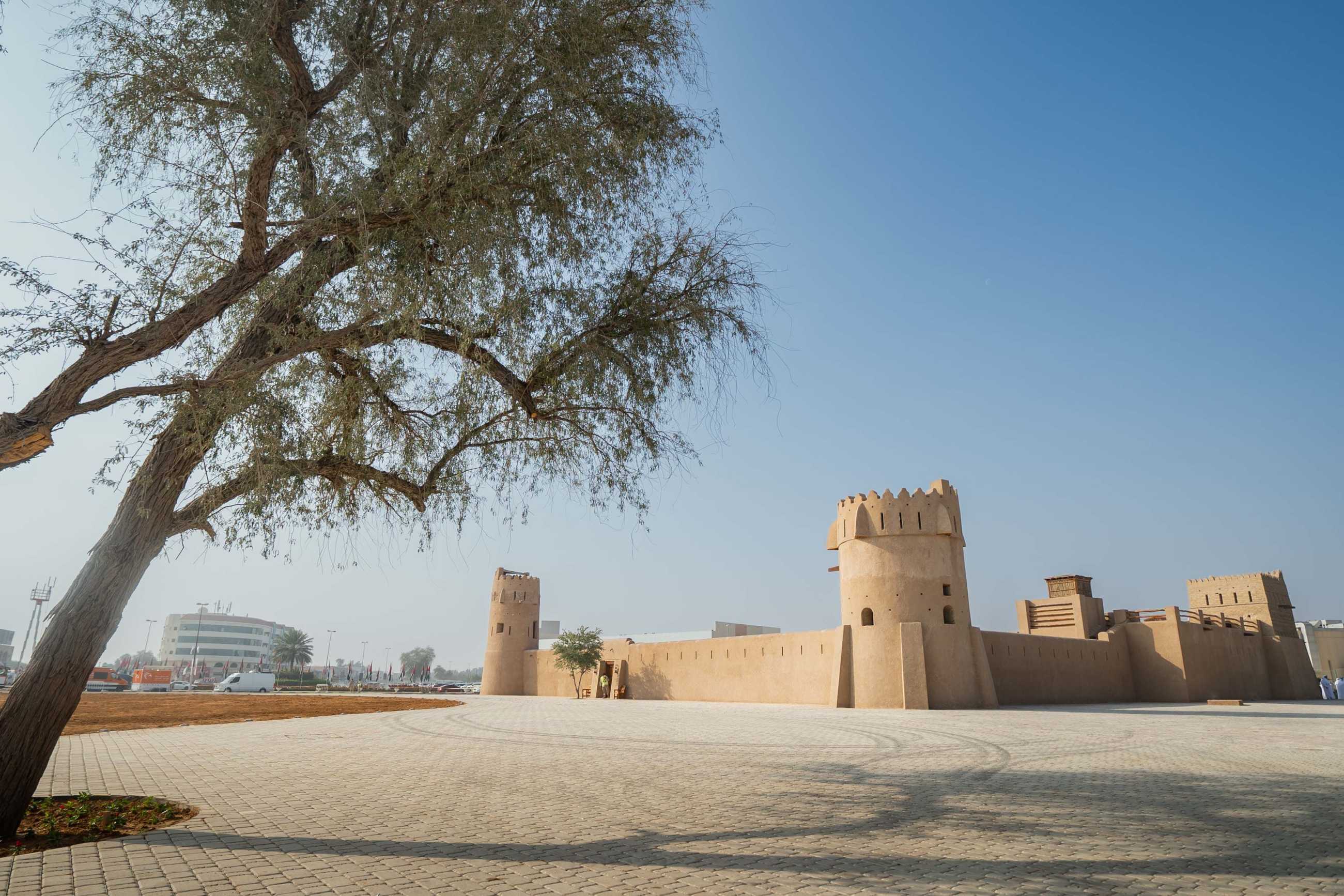Sharjah, UAE – The Islamic World Heritage Committee of the Islamic World Educational, Scientific and Cultural Organization (ISESCO) added the Mleiha archaeological site and Al Dhaid Fort and Falaj to the List of the Islamic World Heritage.
The Sharjah Archaeology Authority (SAA) has completed the nomination dossier of the Mleiha archaeological site titled “Mleiha: The Pre-Islamic Period in Southeast Arabia”.
The nomination highlights the historical and archaeological value of Mleiha and its archaeological and architectural elements that were unearthed during continuous excavations.
Reports on the state of the archaeological site conservation and its monitoring system were also cited.
This listing comes within the framework of the SAA strategy to preserve the tangible cultural heritage of the emirate and share it with the world, as these international recognitions help boost tourism in the inscribed properties.
The inscription of the Mleiha archaeological site on this List is based on the influence Mleiha cultural influence during the pre-Islamic period from 300 BCE to 300.
Archaeological discoveries confirmed Mleiha’s external connections, which prove the vital role Mleiha played in the caravan trade across the Arabian Peninsula desert, linking the Indian Ocean coasts to the Mediterranean Sea.
The excavations and research work that began at Mleiha archaeological site has been carried out by local teams since the seventies of the last century in cooperation with the Iraqi mission.
It was followed by the studies of the French mission in the eighties. Since 2009, joint field studies have been carried out with the Belgian team.
The listing of Al Dhaid Fort and Falaj on the ICESCO Islamic World Heritage List resulted from joint efforts between the Authority for Initiatives Implementation and Infrastructure Development “Mubadara,” and the Sharjah Archaeology Authority.
Mubadara restored the Fort Al Dhaid and Al Falaj building following the generous directions of Dr. Sheikh Sultan bin Muhammad Al Qasimi, Supreme Council Member and Ruler of Sharjah.
The listing of Al Dhaid Fort and Falaj comes due to the archaeological and economic importance of the Aflaj irrigation system to the city of Al Dhaid.
Falaj is considered one of the oldest archaeological evidence of life in the city and is distinguished by ancient engineering techniques that ensure sustainability and justice in the local community’s benefit from water resources.
These water resources served the caravans that used to pass through the city of Al Dhaid due to its strategic location that connects the cities, and the presence of defensive elements for protection, such as Al Dhaid Fort.
The Fort is a witness to the city’s ancient history, the security and safety of its residents, and the routes of commercial caravans.
The Islamic World Heritage List is a prestigious international designation dedicated to protecting cultural and natural heritage in the Islamic world.
The inscription of the archaeological site of Mleiha, Al Dhaid Fort and Falaj bring the total number of listed sites in Sharjah to three.

